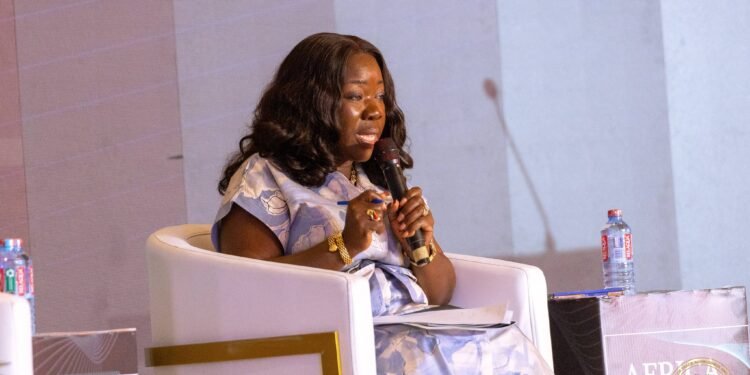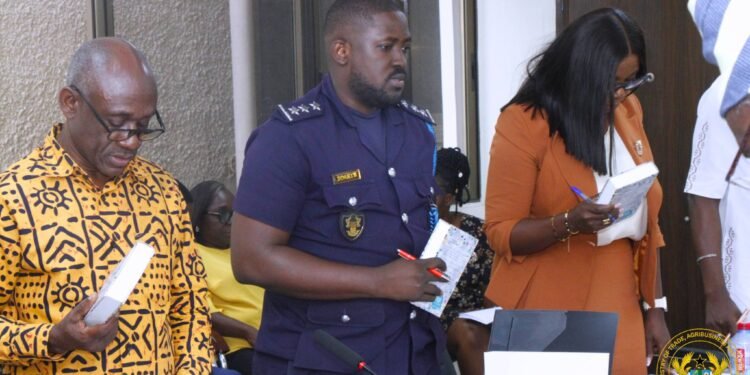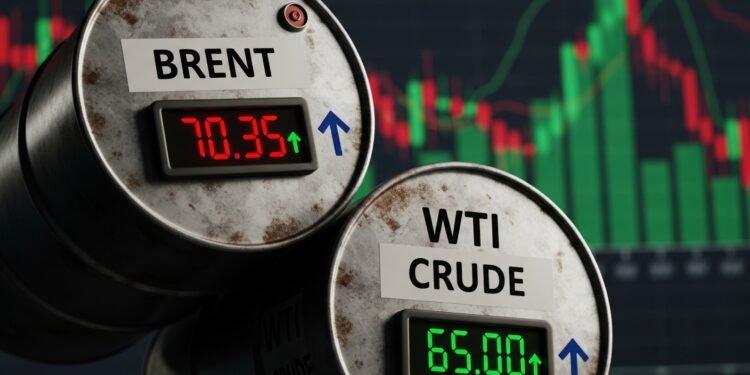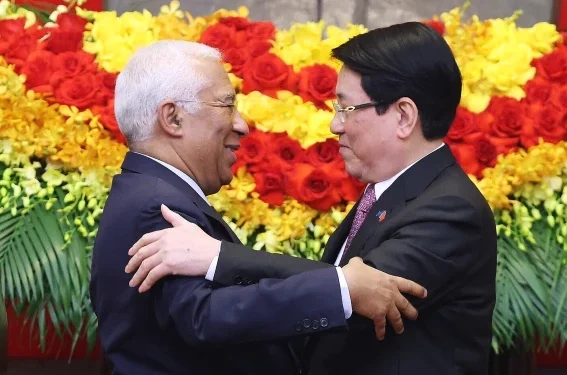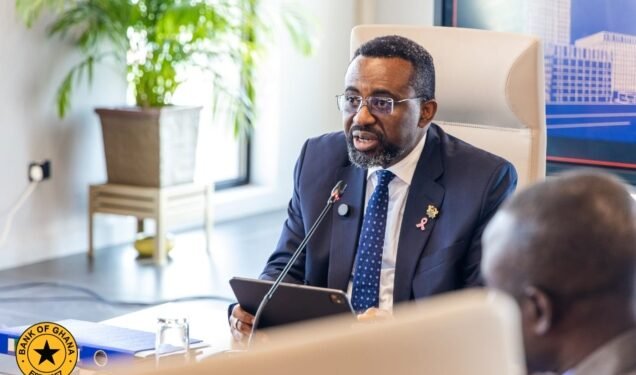After 15 grueling months of conflict that left much of Gaza in ruins, the world has finally witnessed a long-anticipated moment of relief. On Sunday, January 19, 2025, a ceasefire between Israel and Hamas officially came into effect, sparking celebrations in both Gaza and Israel as people breathed a collective sigh of hope.
World leaders applauded the ceasefire, but many cautioned that the path to lasting peace remains fraught with challenges.
Prior to the deal coming into effect, UN Secretary-General, Antonio Guterres welcomed its announcement, commending mediators; Qatar, Egypt and the United States for “their dedicated efforts in brokering this deal.”
The 42-day first phase of the ceasefire should see a total of 33 captives returned from Gaza and hundreds of Palestinian prisoners released by Israel. These first 42 days will also set the stage for the next phases of the agreement.
In an exclusive interview with Vaultz News, Dr. Victor Doke, a conflict resolution expert, underscored that the hard work is far from over, pointing out that the mediating countries cannot afford to rest on their laurels just yet. “Those leading mediation have a lot to do so that we don’t go back to square one,” he stated.
As Qatari Prime Minister, Mohammed bin Abdulrahman Al Thani announced the deal on January 15, 2025, he disclosed that mediators in the ceasefire talks between Israel and Hamas will form a “follow-up mechanism” in Egypt through which violations to the agreement could be reported.
A reporter asked how the mediators could guarantee that the agreement does not fall apart.
To this, the Qatari Prime Minister remarked that it has “clear mechanisms for implementation,” including what would happen in the first 42 days and “a clear mechanism to negotiate phase 2 and 3.”
However, the question; “can this ceasefire hold?” still remains.
When asked about the possibility of a breakdown similar to the Israel-Hezbollah ceasefire, where both sides accused each other of violations, Dr. Doke replied, “There could be.”
“Now if the ceasefire comes on successfully and then Israel notices or identifies that there’s a threat from Gaza, they will want to neutralize that threat and that means engaging with military might. Hamas would then accuse them and all of that.
“But in all this, if you’re a country and then you see that you signed a peace agreement and then you are a threat, what do you do? You definitely respond. That’s the principle of which Israel operates.”
Dr. Victor Doke
He hoped that each of the parties would adhere to the agreement, saying, “It’s an issue of trust now.”
“Israel has dealt with these armed groups before and they know how they operate. So don’t be surprised if the agreement is signed and you see Israel bombarding Gaza.”
Dr. Victor Doke
Netanyahu’s Objectives Achieved
Dr. Doke, however, firmly believes that Israel’s agreement to the ceasefire does not signal weakness, but rather showcases the country’s strategic strength.
“Well, I think the fundamental issue is that Prime Minister Netanyahu has obtained his objective with regards to what he wanted to set out to do is dismantle all armed groups. He has been able to do that and that is why they were even talks about the ceasefire.
“Other than that, there wouldn’t be talks of ceasefire. So, the main objective has been met.”
Dr. Victor Doke
The January 19 ceasefire may have brought temporary relief, but with a history marked by broken agreements, the real test lies ahead.
International efforts must remain vigilant, ensuring that peace becomes more than just a fleeting promise.
READ ALSO: Kofi Asare Lauds Haruna Iddrisu’s Education Minister’s Nomination, Highlights Challenges Ahead










